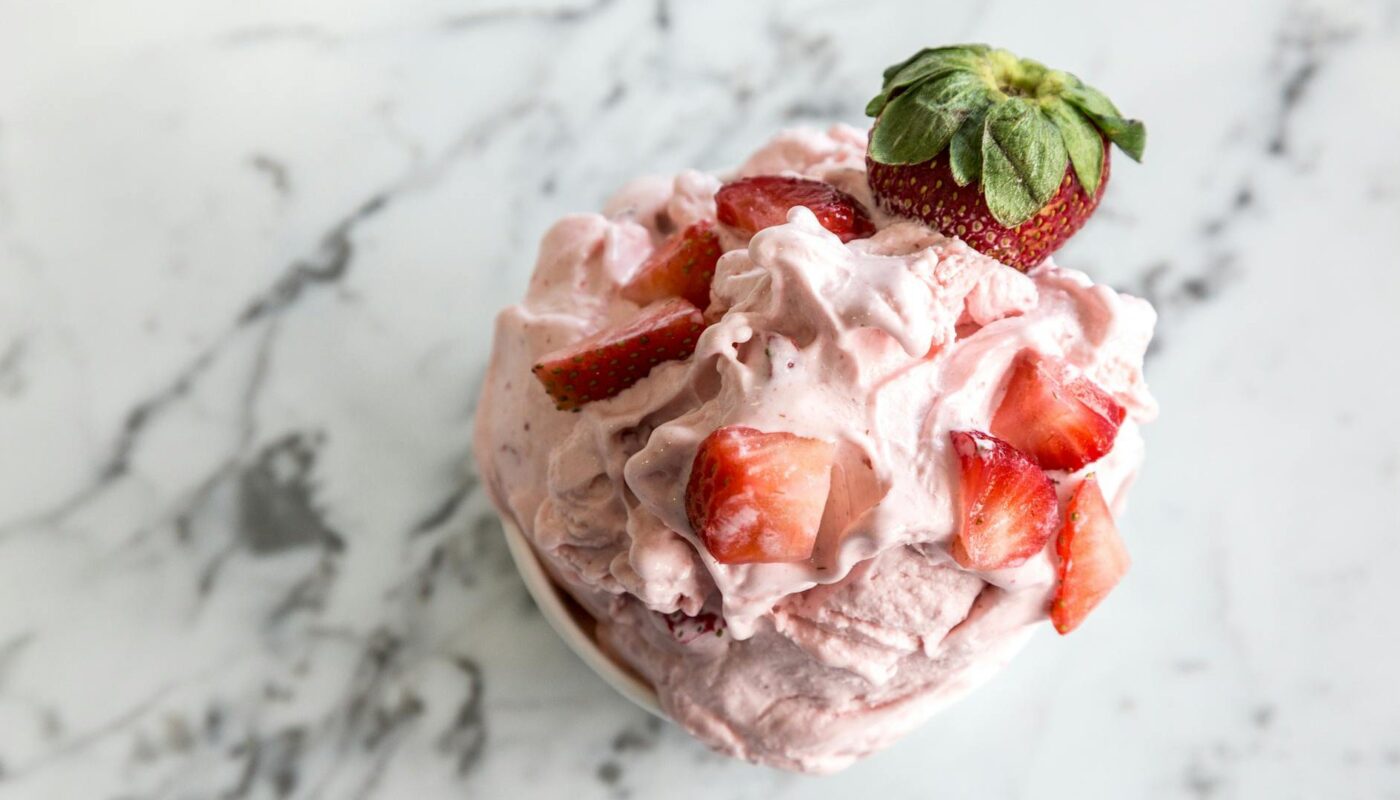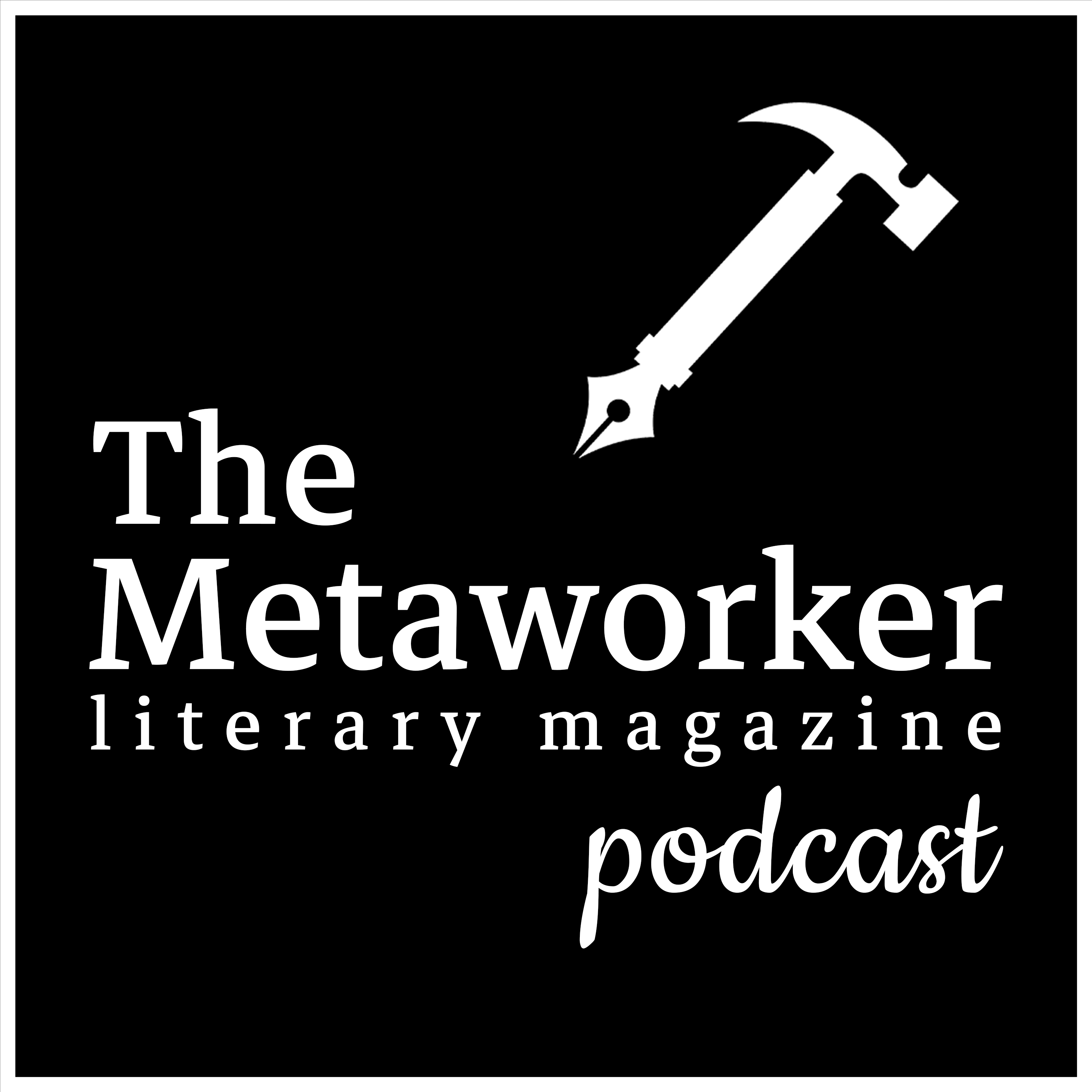[732 words]
My mother’s birthdays became occasions for celebration. For her seventieth birthday, my sister and I took her to New York City for a weekend at a hotel, with fancy meals and a Broadway show. For both her eightieth and ninetieth celebrations, we organized big parties with all her immediate and extended family. Her ninety-fifth birthday was in a nursing home.
As my mom declined, her mumbled, garbled speech faded away. She no longer made the effort to form words. Most of the time she was silent. Occasionally, she would pucker her lips and blow some air out, approximating speech. Her ability to communicate in writing had also ceased. For a while, she’d been able to pick up a pen and scribble two or three tiny words. I’d try to decipher these cryptic messages. Later, she produced only squiggles. Eventually, she didn’t even try to pick up a pen, though she did do some coloring. It became unclear how much she understood.
On my daily visits, I always spoke to her as if she understood. I’d conduct both sides of the conversation, guessing her response to my chatter. Sometimes she’d smile. Sometimes, a knowing look would appear. When her face remained blank, I often brought mine close to hers and yelled, “Is there anybody home in there?” That would make her laugh, amusing us both.
My mother’s ninety-fifth birthday was in late June. I couldn’t let the occasion pass unnoticed, regardless of her condition. I insisted that my sister and one if her sons make the trip from two hours away for a small celebration. I instructed her to bring a wrapped gift. I had asked her to get Mom a pair of soft shoes, so I told her it would be okay to wrap them up as a present. I also wanted her to stop near the nursing home and pick up an ice cream sundae for mom. My gifts—a box of colored pencils, an adult coloring book, and a book of photographs—were each wrapped in shiny red paper.
I guided my mother into the visitors’ room with a Happy Birthday balloon tied to her wheelchair. She was slumped over. Just holding her head up was a day’s work. The tubes from her oxygen tank hung around her neck, prongs resting at her nostrils. The balloon prompted a “Happy Birthday, Laura” from each staff member we passed in the hallway. For her favorites, she raised a hand and waved.
In the visitors’ room, there were a couple of inert patients positioned in front of a television. On the other side of the room, I set up three chairs around my mother’s wheelchair. When my sister and nephew arrived, they joined me in singing “Happy Birthday.” My sister fed Mom the ice cream. She ate every bite. I’d been waiting for the predicted day when she would stop eating, but if ice cream was involved, that day never came.
Feeding her the ice cream spoonful by spoonful took my sister a good while. The three of us chatted as if everything was normal. My nephew made jokes, some of them less than appropriate. I laughed at them all. When Mom had licked the last bit of ice cream from the plastic spoon, we helped her open presents and read the cards that had arrived in the mail.
The photograph book I bought for her was called Find Momo. Hiding in each photograph of complex landscapes and highly decorated rooms was Momo, a black-and-white border collie. In the first few photos, Momo was prominently displayed. In the rest. he was embedded in intricate scenes in tiny, hard-to-find spots. My mother caught on quickly to the idea of finding Momo, sliding her crooked pointer finger across the glossy pages. Together, she and I delighted in locating Momo. I encouraged her loudly and cheerfully, clapping whenever we found Momo, as if she were a toddler looking for a hidden cookie. We kept this up until my nephew started mimicking me, yelling “find Momo, find Momo,” in a silly, scratchy voice. That made us all laugh. We spent a few more minutes together. I said goodbye to my sister and nephew, then wheeled Mom back to her room and headed home.
My mother’s ninety-fifth birthday, with just three guests and four presents, turned out to be her last. I’ll always remember it as the “Finding Momo” birthday.
Madlynn Haber lives with her dog, Ozzie, in a cohousing community in Northampton, Massachusetts. Her work has been published in the anthology Adult Children (Wishing Up Press, 2021), Poetica Magazine, Buddhist Poetry Review, Eunoia Review, Months To Years, Poetry Breakfast, Medical Literary Messenger, and other journals. Online at www.madlynnwrites.com.




